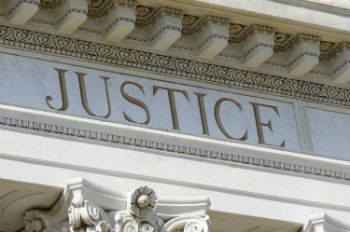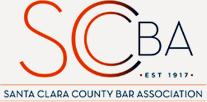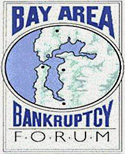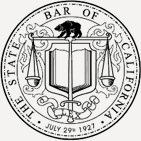 In a recent opinion, the California Court of Appeal found that after foreclosure, all of the borrower’s leases (and its waivers) were assigned to the lender, and therefore unavailable as a defense to the former owner against a creditor. Therefore, the judgment creditor was successfully able to add two new parties to the judgment as the limitation the lease no longer shielded them.
In a recent opinion, the California Court of Appeal found that after foreclosure, all of the borrower’s leases (and its waivers) were assigned to the lender, and therefore unavailable as a defense to the former owner against a creditor. Therefore, the judgment creditor was successfully able to add two new parties to the judgment as the limitation the lease no longer shielded them.
Yolanda’s Inc. owns and operates restaurants. Yolanda entered into a lease to operate a restaurant at the Seabridge shopping center in Oxnard, California. The landlord K&G and Rocklin and its real estate broker KGCRE failed to inform the tenant that they were in negotiations to lease another space in the shopping center to the gym. The gym’s customers used all the parking spaces, resulting in loss of business for Yolanda’s. Yolanda’s prevailed in its lawsuit against the landlord, alleging among other causes of action, fraud and breach of lease. Yolanda obtained a judgment in the amount of almost 2 million dollars, plus another nearly half a million dollars in attorneys’ fees and costs.


 This week the Supreme Court issued their opinion in Obduskey v. McCarthy & Holthus LLP. In 2007, Obduskey bought a house in Colorado, borrowed $330k from a lender and secured repayment of the loan with a mortgage (or deed of trust) against the house. In 2014, Wells Fargo hired the law firm of McCarthy & Holthus LLP to commence foreclosure as the borrower was in default.
This week the Supreme Court issued their opinion in Obduskey v. McCarthy & Holthus LLP. In 2007, Obduskey bought a house in Colorado, borrowed $330k from a lender and secured repayment of the loan with a mortgage (or deed of trust) against the house. In 2014, Wells Fargo hired the law firm of McCarthy & Holthus LLP to commence foreclosure as the borrower was in default.




